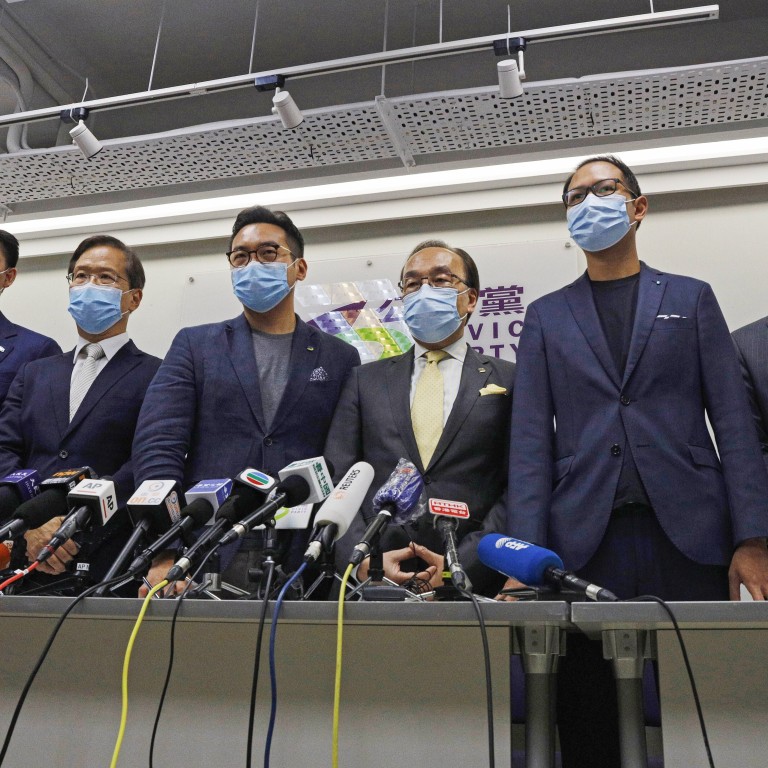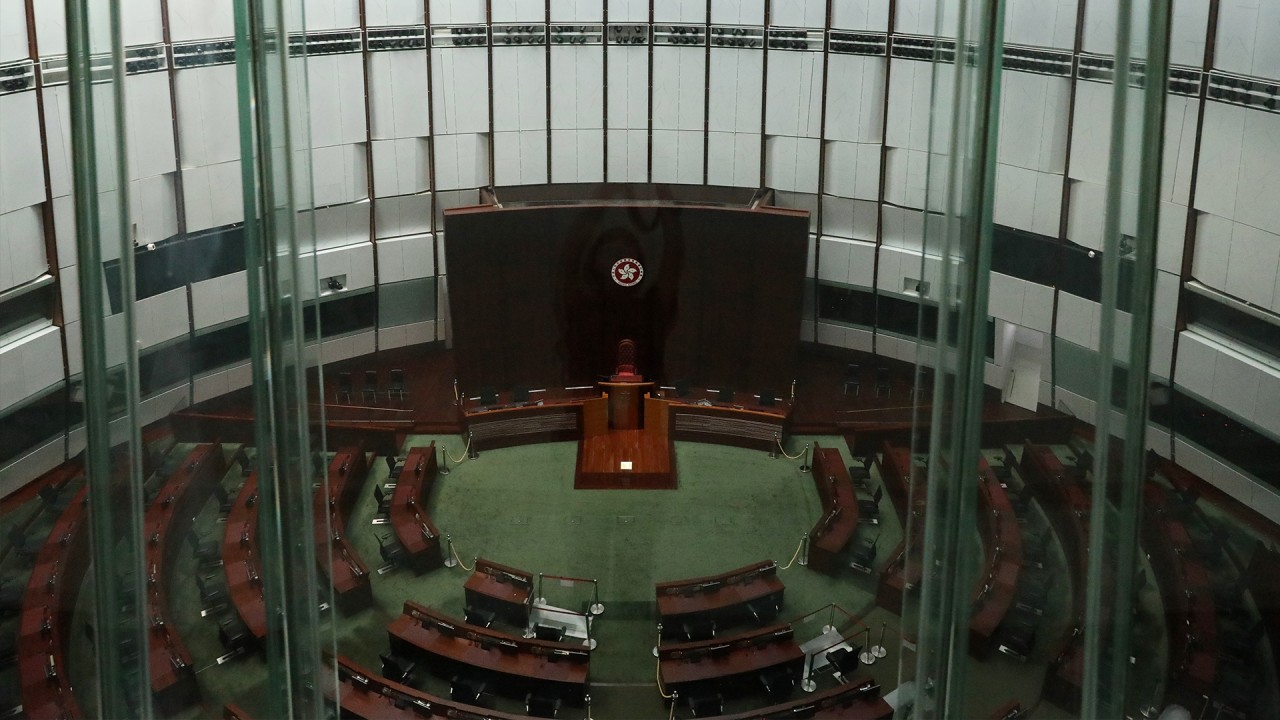
Legco term extension poses a dilemma for opposition lawmakers, but they must stay and fight
- If the opposition legislators who have been disqualified from the elections stay, they will be condemned by localists. But, if the pro-democracy camp boycotts Legco, who will speak out against controversial government proposals?
The democrats are now on the horns of a dilemma. The matter has already stirred up hot debate among traditional democrats and localists. Some have started to point fingers. This has the makings of the ugly internal strife the Communist Party must be waiting for.
If the four stay, they will be condemned as megalomaniacs by localists. They will be seen as traitors who endorse the Communist Party’s decision to postpone the elections in the first place. Also, in this scenario, Beijing cannot be accused of pushing out the four lawmakers twice.
The opposition camp will lose four seats in Legco, as well as the funding and resources that come with them. Without this support from within the system, it is questionable whether the battle on the street can be sustained. If worse comes to worst, Beijing can continue postponing the elections and prolonging the term of the current lawmakers.

01:25
China’s top legislative body extends Legco by ‘not less than one year’
To add my two cents, the democrats must not fall into Beijing’s trap. First, Lau Siu-kai, vice-president of the Chinese Association of Hong Kong and Macau Studies, has indicated that the NPC Standing Committee’s decision is not an olive branch; rather, infighting among the democrats is the expected outcome. To thwart this ploy, the opposition camp must not become divided.
Second, unconstitutional acts by the government are certainly undesirable. However, if one still recognises the Basic Law, it is necessary to accept the decision of the Standing Committee, whose rulings are final under the city’s mini-constitution.
And unless it has come to abandoning all forms of resistance within the political system, then the four lawmakers should be supported to continue their fight in Legco.
Hong Kong elections: why it makes sense to wait a year
The incumbent opposition lawmakers were elected four years ago. They received the endorsement of voters to prevent the passage of controversial bills and unfavourable political reform proposals. It is their obligation to make a last stand, even if they do not agree with the one-year extension in principle.
If the pro-democracy camp fails to reach a collective decision, and a couple of lawmakers leave while some stay, the veto power would be lost. The pro-establishment camp could then freely vote to disqualify individual democrats and seize full control of the council.
The social movement has lasted for more than a year; Hongkongers have reached a consensus of fighting on in their own way. Resistance from within the system and without should continue.
Beijing has created a political dilemma for the opposition camp, which needs to come to a collective decision soon. Hong Kong cannot afford division: all must stand together to gain a victory.
Albert Cheng King-hon is a political commentator

